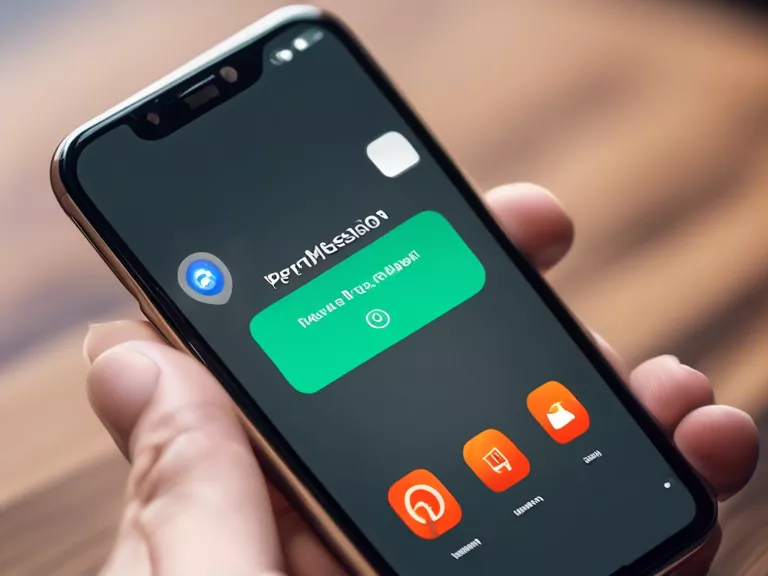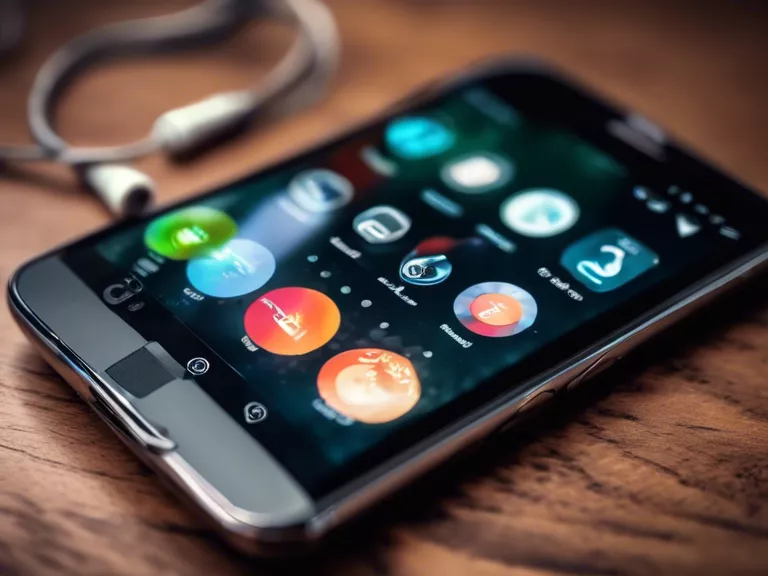
With the increasing number of apps that we download on our smartphones, it is crucial to manage app permissions effectively in order to protect our privacy. By understanding and controlling the permissions that each app has access to, you can safeguard your personal information and data from being misused. Here are some tips on how to manage app permissions on your smartphone:
Review app permissions: Before downloading an app, carefully review the permissions that it requires. Consider if the permissions are necessary for the app to function properly. If the permissions seem excessive or unnecessary, it might be best to avoid downloading the app altogether.
Manage app permissions: For apps that are already downloaded on your smartphone, periodically review and manage the permissions that they have. Go to your device's settings, then to the app permissions section, where you can see and adjust the permissions for each individual app.
Use app permissions wisely: When granting permissions to an app, be selective and only give access to the information or features that are essential for the app's functionality. Avoid granting unnecessary permissions that could compromise your privacy.
Update apps regularly: Keep your apps updated to ensure that they have the latest security measures in place. Developers often release updates to address security vulnerabilities and improve privacy protections.
Monitor app behavior: Pay attention to how apps behave on your smartphone. If you notice any suspicious activity or if an app is accessing information that it shouldn't have permission to, consider uninstalling the app or adjusting its permissions.
By following these tips and actively managing app permissions on your smartphone, you can protect your privacy and prevent unauthorized access to your personal data. Stay informed and stay in control of the permissions that you grant to apps in order to maintain your privacy and security.



